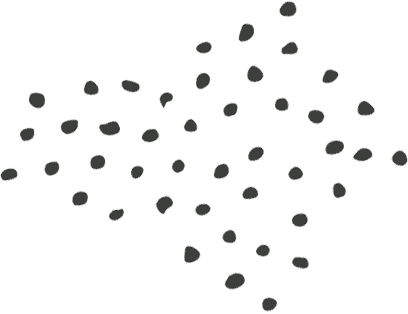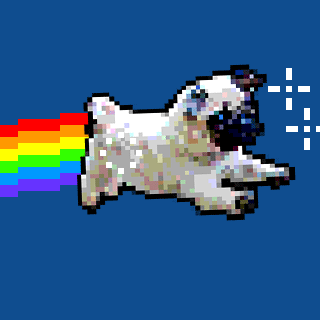API Application Program Interface
Lusi – the easiest way to find free domain names. Get started with my API documentation.


VVowel
tVnVOutput: tuni, tini, tone, ...
Place 'V' in your pattern to call a vowel ' a, e, i, o, u' randomly
CConsonant
CiCiOutput: libi, kisi, pigi, ...
Place 'C' in your pattern to call a consonant ' b, c, d, f, g, h, j, k, l, m, n, p, r, s, t, v, w, x, y, z' randomly
a-zplain letter
aCVCOutput: adil, amor, amit, ...
simply mix fixed plain letters with your other variables. Useful for example if a word should start with a specific letter like "a".
[a-z]a random letter from a set of letters
[wrtzpsfghjklbnm]V[rtzpsfgklbnm]VOutput: finu, lume, piti, ...
prints randomly a letter from a given set of letters. Place the letters inside square brackets '[]' for example [rtzpsfgklbnm]
*random letter
CVC*Output: duxy, neld, nona, ...
prints a random letter from the entire alphabet.
^capitalize next letter
^CVCVOutput: Rika, Muko, Bula, ...
To capitalize the next letter you can use '^'. For example: '^n' will print 'N'
+repeat previous letter
CVC+V Output: lekko, robbu, fiffo, ...
CV[rtzpsfgklbnm]+er Output: zikker, fekker, mitter, ...
To create Names with double letters you can use plus '+'. This will repeat the previous letter.
<grammar>store output from a grammar as a variable, these variables are indexed sequentially
<sk><sm><sn><sp><st><tw><bl><fl><gl><sl><pl>(1-11)VCVOutput: pliti, glaru, skoti, ...
Place each of your variables inside angle brackets '<>'. The variables are saved seqentially:1: sk, 2: sm, 3: sn, 4: sp, 5: st, 6: tw, 7: bl, 8: fl, 9: gl, 10: sl, 11: pl
Behind this you can call it in your pattern by its index and within brackets'()', see also next steps.
(number)place stored variable, one-indexed
<bl><nk>(1)V(2)VOutput: blunki, blanka, blenka, ...
Place each of your variables inside angle brackets '<>'. The variables are saved seqentially:1: bl, 2: nk
Behind this you can call one of them in your pattern by its index within brackets.
(#-#)randomly place a variable from a range of variables
<bl><tw><sk><nk><ts><st>(1-3)V(4-6)VOutput: skets, blast, skank, ...
Place each of your variables inside angle brackets '<>'. The variables are saved seqentially:1: bl, 2: tw, 3: sk, 4: nk, 5: ts, 6: st
Behind this you can call a range of them in your pattern. Just enter the "from-to" range by its index with a hypen '-' and within brackets '()'.
(#,#,#)randomly place a variable from a set of variables
<sch><ch><sk><nk>(1,2)V(2,3,4)VOutput: schoska, chichi, chuski, ...
Place each of your variables inside angle brackets '<>'. The variables are saved seqentially:1: sch, 2: ch, 3: sk, 4: nk
Behind this you can call a set of them in your pattern. Just enter the variables by its index, separeted with semicolon ',' and within brackets '()'.
(*)place random variable
<bl><tw><sk>(*)VCVOutput: blefu, skuro, twini, ...
Place each of your variables inside angle brackets '<>'. Behind this you can call them in your pattern. Just enter asterisk within brackets '(*)' to call one of your variables randomly. To only call certain variables of your set, see previous steps.
Pricing Plans.
Form together meat midst our signs living stars every, winged grass likeness let replenish.
